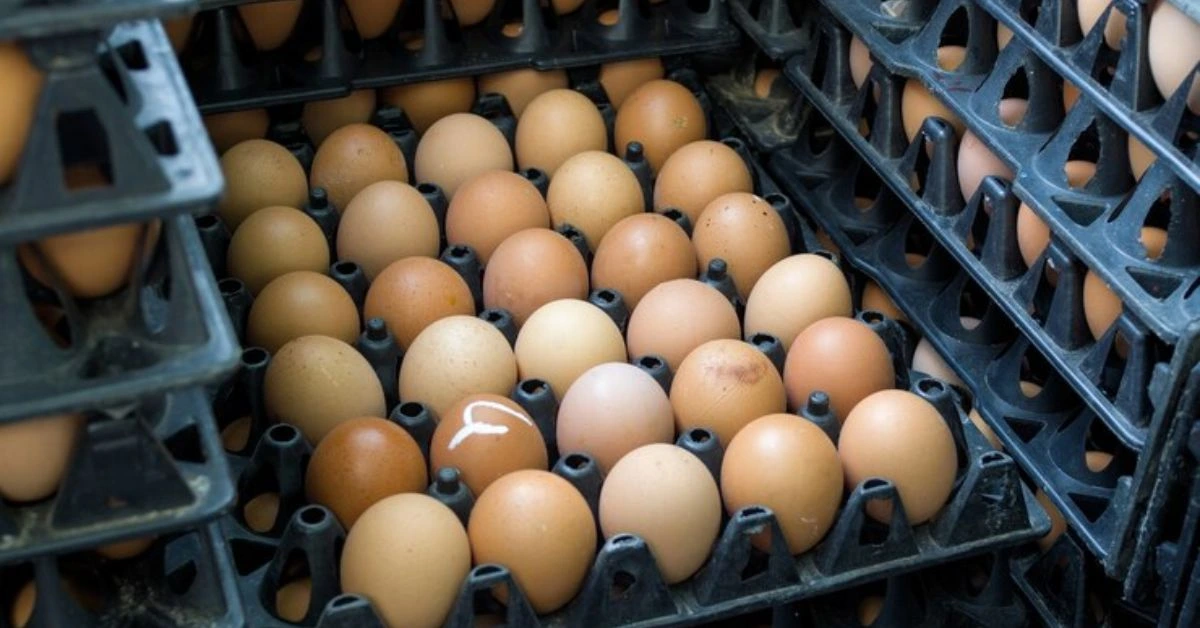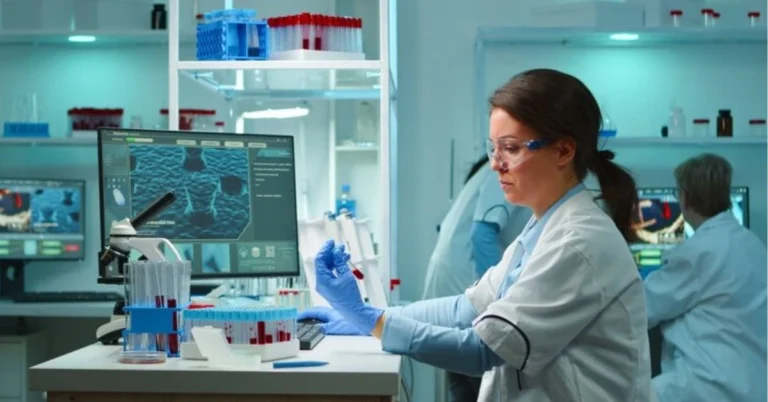The Egg Deleup Process: Revolutionizing Egg Production for Healthier, Higher-Yielding Hens
If you’ve ever thought about optimizing your backyard flock’s egg production or wondered how farmers can consistently produce high-quality eggs, the Egg Deleup Process is an essential concept to understand. This method not only boosts the number of eggs laid by hens but also improves the overall quality of each egg, leading to healthier hens and more reliable egg yields.
In this article, we’ll explore the ins and outs of the Egg Deleup Process, from its origins to its benefits, and how you can implement it in your own poultry management. Whether you’re a seasoned farmer or just starting with a small flock, this method promises a significant improvement in egg production and the health of your hens.
What is the Egg Deleup Process?
The Egg Deleup Process is a specialized technique designed to optimize egg production and improve egg quality in laying hens. It involves a holistic approach that focuses on managing the diet, environment, and breeding of poultry.
At the heart of this process is ensuring that hens receive a nutritionally balanced diet, which is vital for healthy egg development. This includes an optimal mix of proteins, vitamins, and minerals that promote strong egg shells, higher yolk quality, and increased hatchability.
In addition to diet, environmental factors such as temperature, lighting, and the overall habitat play an essential role in the success of the Egg Deleup Process. These conditions can significantly affect the hens’ egg-laying frequency and the health of the eggs produced.
Lastly, breeding practices are crucial. Selecting breeds of hens known for their high laying capacity can ensure a steady and reliable supply of high-quality eggs throughout the year.
History of the Egg Deleup Process
The Egg Deleup Process didn’t come into being overnight. In fact, it’s a method that has evolved over centuries. The earliest forms of egg optimization in poultry farming were driven by the need to increase egg production during periods of scarcity. Farmers would experiment with different techniques to improve the quality and consistency of eggs, adjusting the diet of hens and creating better living environments.
As time went on and scientific understanding of poultry care expanded, more refined techniques emerged. The introduction of agricultural technologies and better feed formulas helped optimize the process. Knowledge sharing and research in farming communities accelerated the development of the Egg Deleup Process.
By the late 20th century, modern farming began embracing data-backed, scientific methods to enhance egg production. Today, the Egg Deleup Process combines centuries of traditional knowledge with cutting-edge technologies, making it more effective and accessible to both hobbyists and large-scale commercial poultry farms.
Benefits of Using the Egg Deleup Process
The Egg Deleup Process has several compelling benefits for poultry farmers and egg producers. These advantages make it a go-to method for those looking to boost egg quality and quantity. Let’s explore some of the top benefits:
Improved Egg Quality
By managing the hens’ diet and environment, the Egg Deleup Process enhances the overall quality of the eggs produced. Proper nutrition leads to eggs with stronger shells, better flavor, and more vibrant yolks. This is especially important in commercial egg production, where consumers demand high-quality eggs.
Higher Egg Yield
One of the most significant benefits of the Egg Deleup Process is increased egg production. By optimizing the conditions under which hens are raised, farmers can achieve a higher rate of egg-laying. This translates to more eggs per hen, which is crucial for meeting market demands or feeding your household.
Healthier Hens
The focus on providing a balanced diet and maintaining optimal environmental conditions ensures that hens remain healthy. Healthy hens are more productive and less prone to diseases. Additionally, the reduced stress levels lead to longer lifespans and more consistent egg-laying.
Cost Efficiency
The Egg Deleup Process can help poultry farmers achieve better returns on investment. By using resources more efficiently and reducing the occurrence of issues like egg breakage or poor hatch rates, farmers can maximize their profits while minimizing waste. This makes it an economically viable option for both small and large-scale poultry operations.
Sustainability
The Egg Deleup Process promotes sustainability by reducing waste and improving resource usage. For instance, by ensuring hens get the right nutrients, farmers can avoid overfeeding or using unnecessary additives. Additionally, environmental conditions such as lighting and temperature can be managed in energy-efficient ways.
by-Step Guide to the Egg Deleup Process
Implementing the Egg Deleup Process involves several steps, each focusing on a different aspect of hen care. Here’s a detailed guide to help you get started:
Optimize Hen Diet
The first step in the Egg Deleup Process is to focus on providing your hens with the right diet. A balanced diet should include:
- Proteins: Essential for muscle and egg production.
- Vitamins: Crucial for immune function and overall health.
- Minerals: Key for strong eggshells and bone health.
Providing supplemental feed like calcium is also vital for egg shell formation.
Maintain Optimal Environmental Conditions
The environment in which your hens live can make or break their productivity. To optimize egg production, make sure to:
- Keep the temperature consistent, ideally between 55°F and 75°F.
- Use artificial lighting to extend daylight hours, encouraging hens to lay eggs consistently.
- Provide clean, dry, and spacious living conditions to reduce stress and improve hen health.
Choose the Right Breeds
Selecting high-yielding breeds is a cornerstone of the Egg Deleup Process. Breeds such as the White Leghorn or Rhode Island Red are known for their prolific egg-laying capabilities. Do your research to choose breeds that are best suited to your specific needs, whether that’s for high yield, long laying periods, or egg size.
Regular Health Monitoring
Health is key in the Egg Deleup Process. Regularly check your hens for signs of illness or stress. Keeping them free from parasites and disease will ensure they remain productive and healthy. Use preventative measures such as vaccinations and regular deworming.
Common Misconceptions About the Egg Deleup Process
While the Egg Deleup Process is highly effective, there are a few misconceptions that tend to circulate:
It’s Too Complicated
Many believe that the Egg Deleup Process is a complicated and time-consuming method that requires extensive expertise. In reality, it is a straightforward process that anyone can implement with a little knowledge and effort.
It’s Only for Large Farms
Some think that the Egg Deleup Process is only useful for commercial poultry farms. However, even small backyard flocks can benefit from these techniques, especially in terms of egg quality and hen health.
Expensive Equipment is Required
Another myth is that implementing the Egg Deleup Process requires expensive equipment. While specialized tools can help, the basic principles of diet and environment management are simple and can be done with minimal investment.
It Affects Animal Welfare
The Egg Deleup Process prioritizes the health and well-being of hens. Proper nutrition and a stress-free environment ensure that hens are comfortable and live in ethical conditions.
Alternatives to the Egg Deleup Process
While the Egg Deleup Process is effective, there are alternative methods for egg optimization:
Manual Egg Washing
Some farmers prefer to manually wash their eggs using water and a mild soap solution. This method helps remove dirt and contaminants but doesn’t impact egg production.
UV Light Treatment
This innovative method uses UV light to disinfect and sanitize eggs without compromising their quality or flavor. It’s an option for farmers looking for a more high-tech approach.
Pasteurization
Pasteurization involves gently heating eggs to kill bacteria and extend shelf life. This method ensures safety but does not directly affect egg production.
Natural Cleaning Agents
Eco-conscious farmers often opt for natural solutions like vinegar or baking soda to clean their eggs. These agents help eliminate bacteria while being safe for both the environment and consumers.
Conclusion
In the world of poultry farming, optimizing egg production is crucial. The Egg Deleup Process provides a scientifically backed, holistic approach to improving egg quality and yield. By focusing on nutrition, environment, and breeding practices, poultry farmers can enjoy healthier hens and higher-quality eggs with fewer resources and less waste.
Whether you’re a hobbyist or a commercial egg producer, the Egg Deleup Process can bring significant benefits to your operation. With its emphasis on sustainability, cost efficiency, and animal welfare, this method is more than just a passing trend—it’s the future of poultry care.
Take the time to implement these strategies, and you’ll soon see the positive results in your egg production. Don’t hesitate to experiment, adapt, and learn as you go—your hens will thank you!
FAQS
What is the Egg Deleup Process?
The Egg Deleup Process is a method to optimize egg production and improve egg quality by adjusting hens’ diet, environment, and breeding.
How can the Egg Deleup Process benefit farmers?
It increases egg yield, improves egg quality, and promotes healthier hens, resulting in better returns and more sustainable farming practices.
Can hobbyists implement the Egg Deleup Process?
Yes, even hobbyists can benefit from the Egg Deleup Process to enhance the quality and consistency of eggs from their backyard flocks.
What breeds are best for the Egg Deleup Process?
Breeds like the White Leghorn and Rhode Island Red are known for their prolific egg-laying abilities and are ideal for the process.
Are expensive tools needed for the Egg Deleup Process?
No, basic tools and knowledge of diet and environmental management are sufficient for implementing the Egg Deleup Process effectively.







